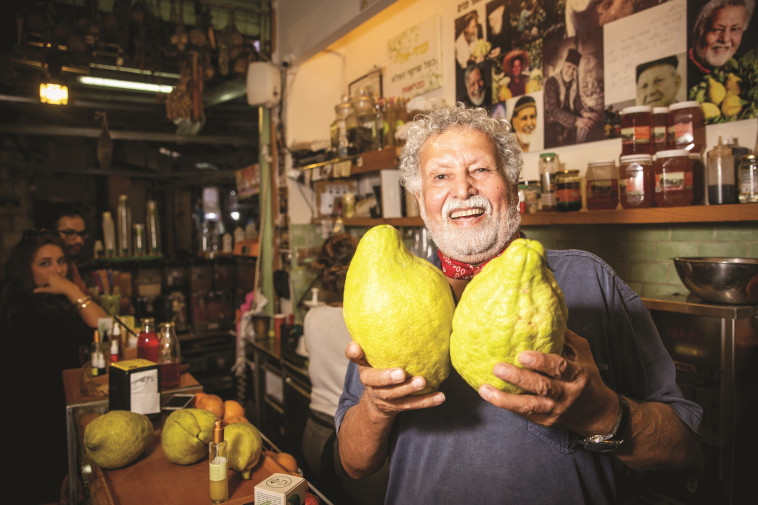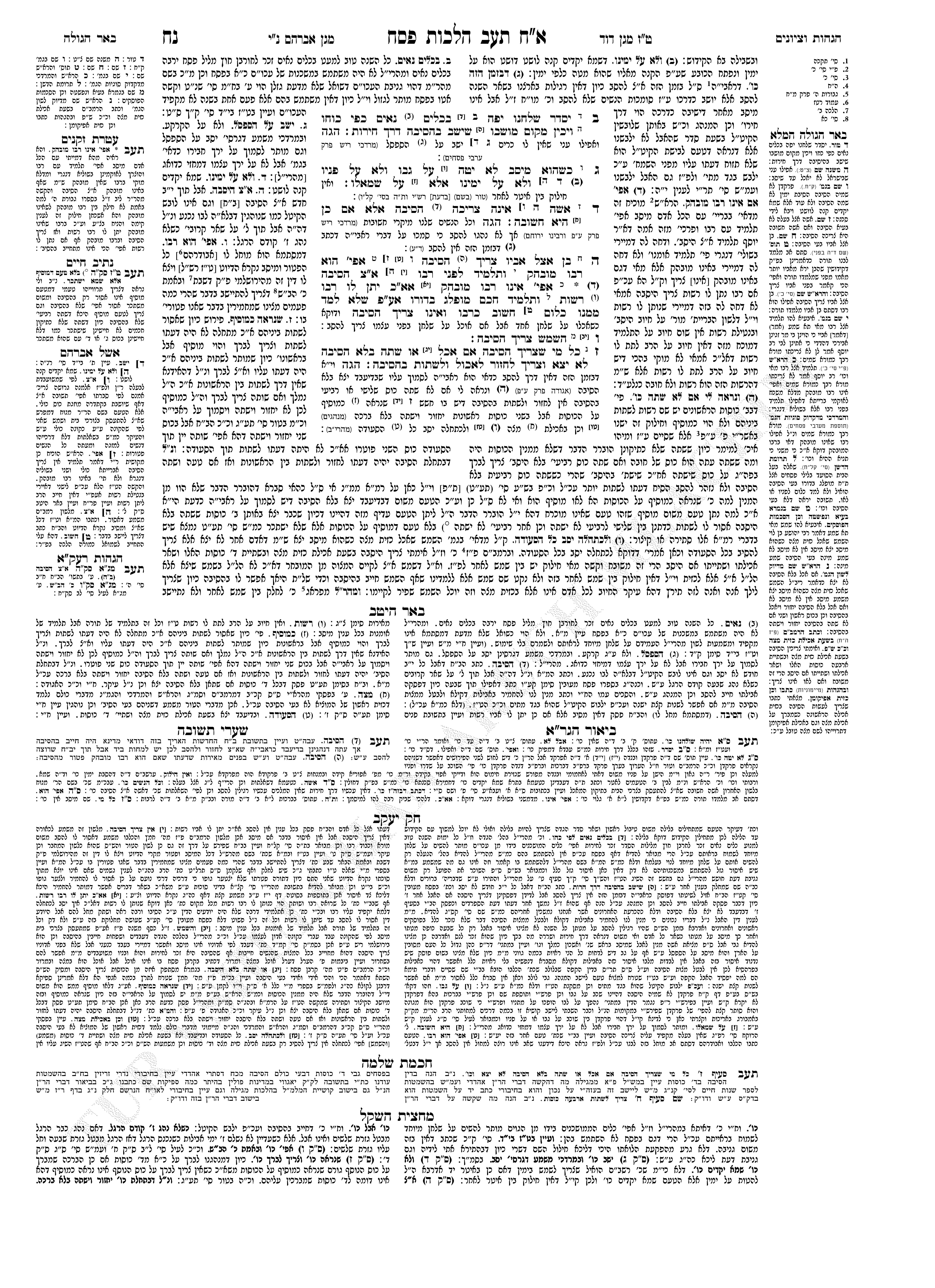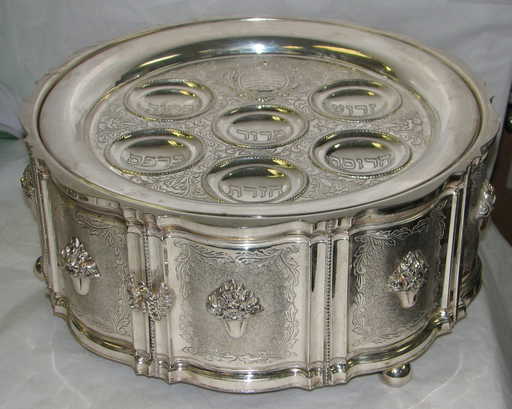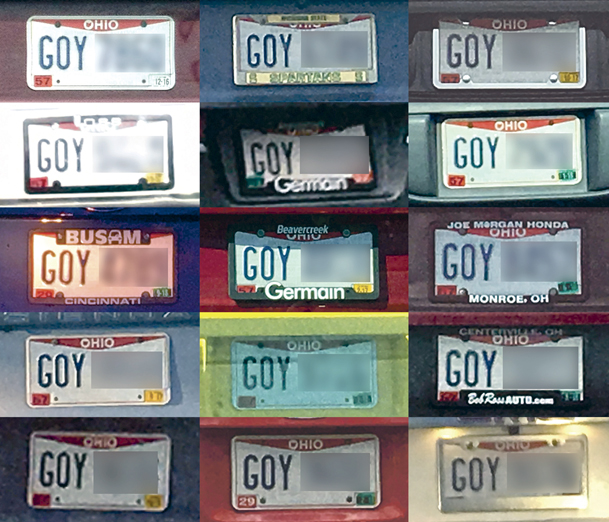BS”D
Sukkah 39b – 40a
Tamuz 6, 5782. July 5th, 2022
Some brief notes.
1- We reviewed the issue of purchasing the ד’ מינים in the year of שמיטה and afterwards. Who to purchase from and how to designate the payment.

2- Continuing on the topic of doing business with פירות שביעית, we read the text of the Yerushalmi that if one prepares for a wedding and has שמיטה produce left over he may sell them as that is not considered ‘ordinary business’.

3- The designation of produce that begins to grow in one year but are picked in the next year. Fruits are identified and labeled by they year they blossom. Vegetable are identified by the year they are picked.

The identity of an Esrog. Is it a fruit or vegetable? It grows on a tree, however, being a citrus tree it needs to be watered manually. (just like vegetables).
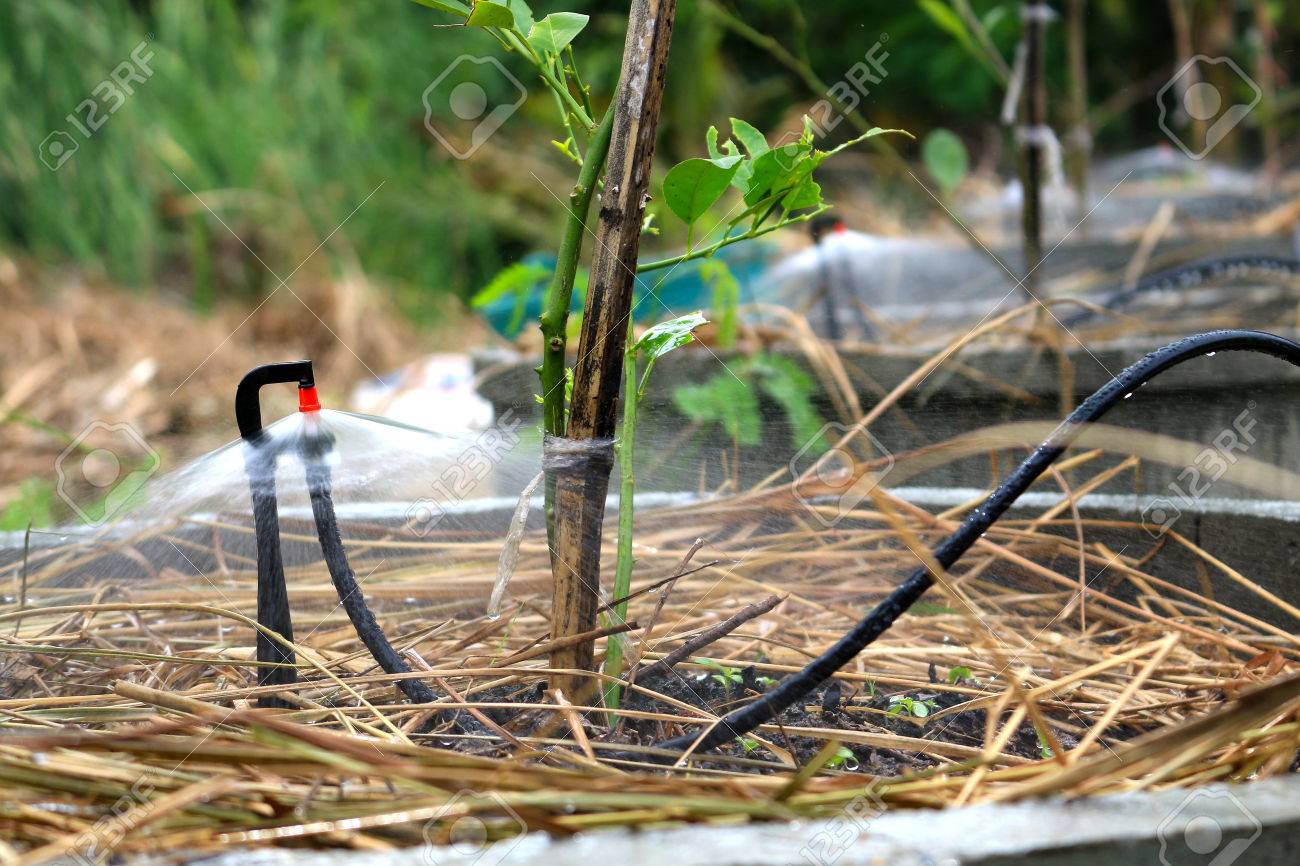
Mendel Nemanov sent this interesting link regarding whether a tomato is a fruit or vegetable:
https://en.m.wikipedia.org/wiki/Nix_v._Hedden
4- We discussed the various levels of שמיטה observance.

Starting at the top:
- Eating only imported fruits or vegetable.
- Buying from non-Jewish farmers.
- Otzar Beis Din
- Utilizing the היתר מכירה.
https://www.israelnationalnews.com/news/309465
We discussed Reb Shlomo Zalman Ohrbach’s interesting query based on our Gemara. מנחת שלמה א, מד

Say someone keeps level 2, and buys produce only from Arabs, or level 3. Can he buy in the market from a stall that sells פירות שביעית at level 4?
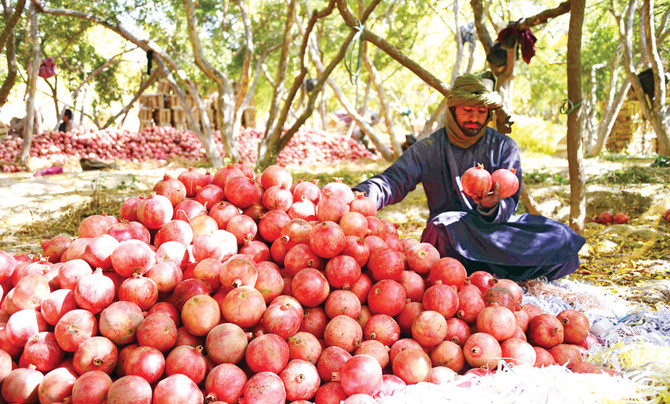
What is the issue? The buyer will treat them with קדושת שביעית. Is giving the money to someone that is at level 4 a problem? Is he, the seller, considered (to a level 2 guy) an עם הארץ that one is not permitted to give שביעית money?
There’s more…
5- Our Gemara, to prove that the word מן can also mean food, quotes the פסוק from Daniel:
וַיְמַן לָהֶם הַמֶּלֶךְ דְּבַר יוֹם בְּיוֹמוֹ מִפַּת בַּג הַמֶּלֶךְ וּמִיֵּין מִשְׁתָּיו וּלְגַדְּלָם שָׁנִים שָׁלוֹשׁ וּמִקְצָתָם יַעַמְדוּ לִפְנֵי הַמֶּלֶךְ.
The king allotted daily rations to them from the king’s food and from the wine he drank. They were to be educated for three years, and some of them at the end of which they were to enter the king’s service.

We discussed the story behind this פסוק and mentioned that perhaps this is the first time that non-Jews recognized the talents of Jews and elevated them to high positions in government.
Mentioned the often tragic result of this ר״ל.
6- Mentioned that the Tur OC 428 uses this as a סימן as to when נצבים and וילך are separated into two פרשיות. So too writes the מחזור ויטרי! See this shiur where we spoke about it.
-
- בג When Rosh Hashanah occurs on Monday or Tuesday
- המלך Rosh Hashanah
- פת פרשת וילך ומצבים is crumbled. Meaning split up.
![]()
7- In connection to #3 above, that an Esrog being a citrus fruit that needs watering, we discussed the interesting fact that it was only about 150 years ago that the question of citrus fruits arose in ארץ ישראל in regards to Shmita and Maaser.

That could mean that until then only non Jews had farms or that oranges and lemons did not grow then in ארץ ישראל.
Comments please.
